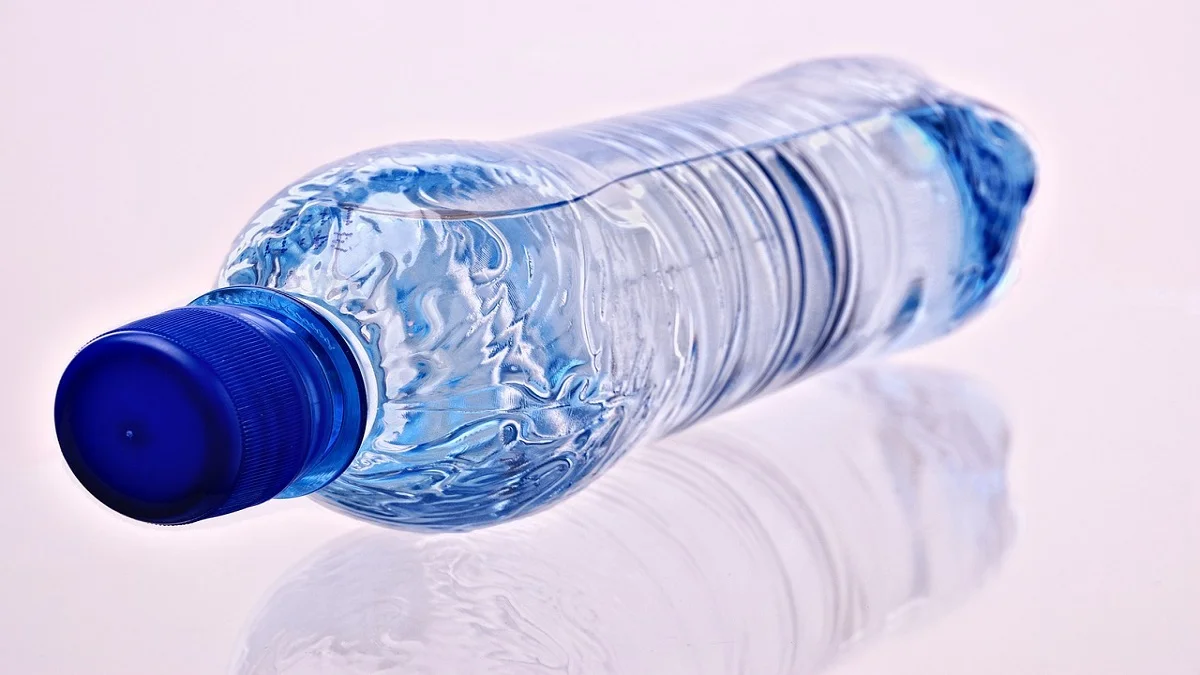Tackling the Plastic Crisis
Millions of tons of plastic waste pollute our oceans and landfills every year, creating severe environmental challenges. The launch of Al Ain Plant-Based Bottled Drinking Water represents a significant milestone for the beverage industry, offering packaging that meets Environmental, Social, and Governance (ESG) standards and serves as a sustainable alternative to single-use plastics.
What Are Plant-Based Bottles?
Plant-based bottles, such as Al Ain’s, are made from renewable resources like sugarcane and corn. These eco-friendly materials reduce reliance on fossil fuels, lower carbon emissions, and are often biodegradable or recyclable, enhancing environmental resilience.
Key Benefits of Plant-Based Bottles
- Reduced Fossil Fuel Dependency: Renewable resources pave the way for a more sustainable future.
- Lower Carbon Emissions: Production processes typically release fewer greenhouse gases.
- Improved Recycling Options: Many plant-based bottles are compostable or recyclable, minimizing waste.
- Positive Brand Impact: Commitment to sustainability builds consumer trust and loyalty.
Challenges to Overcome
- Higher Production Costs: Manufacturing remains more expensive than conventional plastics.
- Raw Material Supply: Large-scale production depends on a steady flow of renewable resources.
- End-of-Life Concerns: True biodegradability and recycling efficiency still pose challenges.
Conclusion: A Step Toward Sustainability
Al Ain’s plant-based bottles signal a promising shift toward reducing plastic waste. While challenges remain, ongoing innovation in sustainable packaging materials supports ESG commitments and promotes a greener, more resilient future for generations to come.




